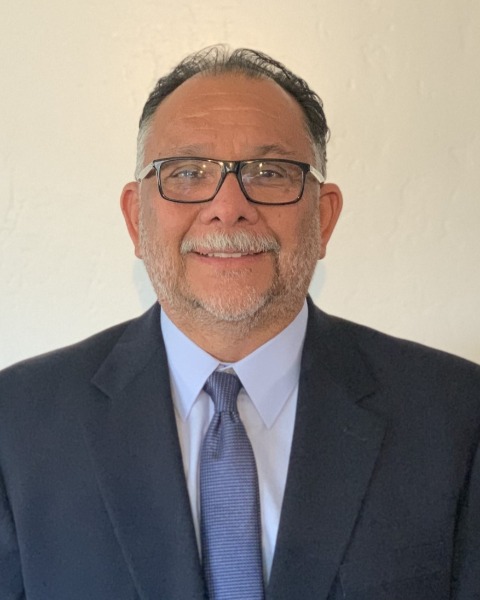(Re)habilitation and Counseling (C)
(PP101) Hearing Aids and Headphones: Development of a Spanish Health Literacy Survey in Audiology
- LG
Laura Gaeta, PhD
Assistant Professor
California State University, Sacramento
Sacramento, California, United States 
Edward Garcia, AuD
Assistant Professor
California State University, Long Beach
Monterey Park, California, United States
Joseph Luis Arquette, AuD student
Student
CSAD California State University, Sacramento
Sacramento, California, United States
Lead Presenter(s)
Presenter(s)
Health literacy refers to an individual’s ability to understand and utilize information related to their health for the purpose of decision-making. Brief measures, such as those developed for medical terminology, can be used to assess a person’s health literacy in clinical settings. Since a measure does not exist in audiology and otology, we have created a list of terminology from the field in Spanish and English. The presentation will present pilot data from testing of these lists with patients and interpreters, as well as discuss ways to address health literacy concerns for Spanish-speaking patients.
Summary:
Rationale/purpose: Many adults in the U.S. have trouble understanding written material, which can lead to poor outcomes for chronic disease management, increased hospitalizations, and higher mortality (Lee et al, 2010). Health literacy refers to an individual’s ability to understand and utilize information related to their health for the purpose of decision-making. Health literacy can be affected by language, culture and ethnicity, age, and cognitive abilities. Populations at risk for low health literacy include older adults, those with less than a high school level of education, and those who have limited proficiency in English. Health literacy tools such as the Rapid Estimate of Adult Literacy in Medicine (REALM) can be used to assess a person’s health literacy. Previous research on and use of these health literacy tools were for English-speaking patients, but there were no materials available in Spanish. As a result, Lee et al. (2010) created a health literacy tool for medicine for Spanish-speaking adults called the Short Assessment of Health Literacy for Spanish Adults (SAHLSA-50), which is used to determine a person's ability to understand common medical terminology and has implications for health literacy, health outcomes, and access to care. As a measure like this does not exist in audiology and otology, we created a list of common Spanish and English terminology from audiology to determine which word(s) is/are used by trained and untrained interpreters.
Methods: For data collection, the list was converted to a survey format. Individuals who had served as Spanish-English interpreters were invited to take the survey. Participants were asked to also respond to questions about their training (if any), level of education, fluency in both languages, and gender. A list of 105 commonly used words and terms (e.g., listen, environment, dizziness, etc.) in audiology was presented to participants. Participants were provided with a Spanish term, key word, and a distractor term, similar to the SAHLSA-50, as well as English terms, key words, and distractors. The survey was distributed to patients who were seen in an audiology and otolaryngology clinic in Huntington Park, California.
Results and conclusions: Data collection is still in progress, but it will be completed by January 2022. Analysis will be largely based on evaluating the psychometric properties of the survey. The results of this pilot study will be used for assessing a patient’s health literacy in clinical or community settings, as well as to discuss the potential differences in interpreters’ word selection, particularly for untrained interpreters. The differences between untrained and trained interpreters will also be helpful in establishing a commonly used set of terms related to audiology and health literacy. This poster presentation will also discuss ways to address health literacy concerns for Spanish-speaking patients.
Learning Objectives:
- Explain the clinical implications of low health literacy in audiology practice.
